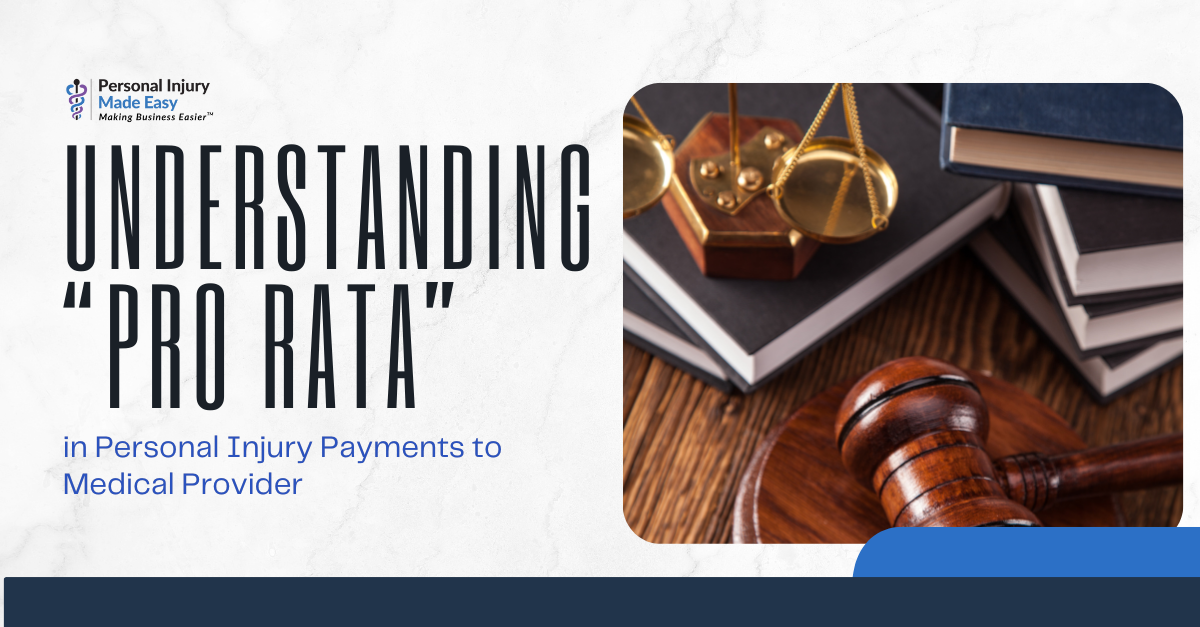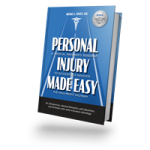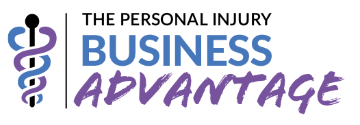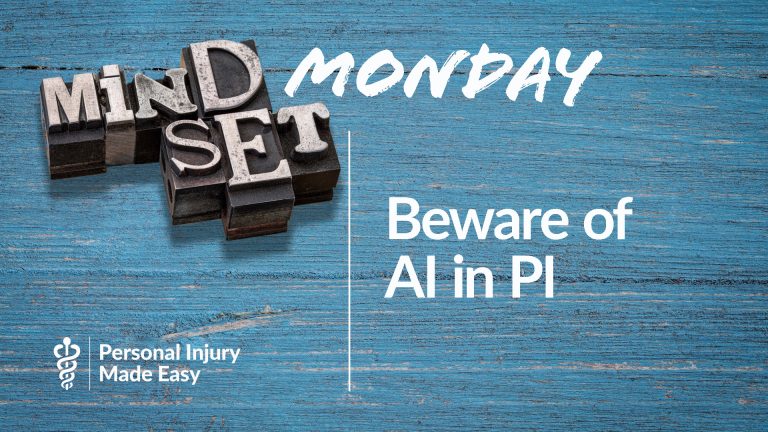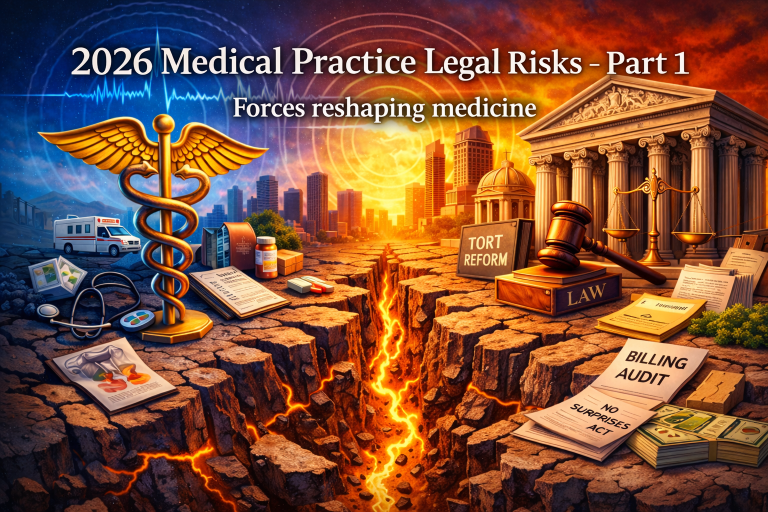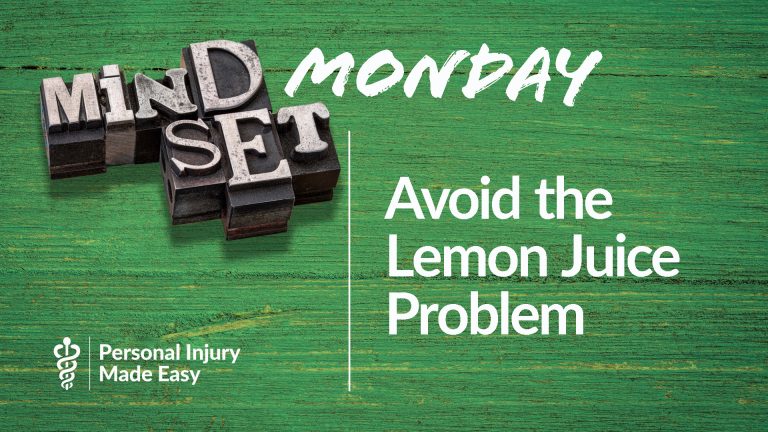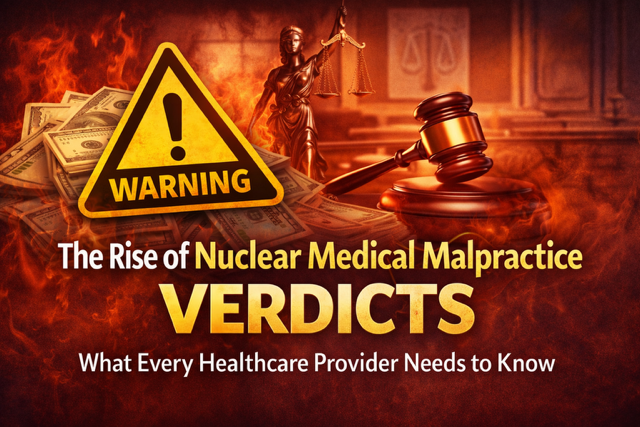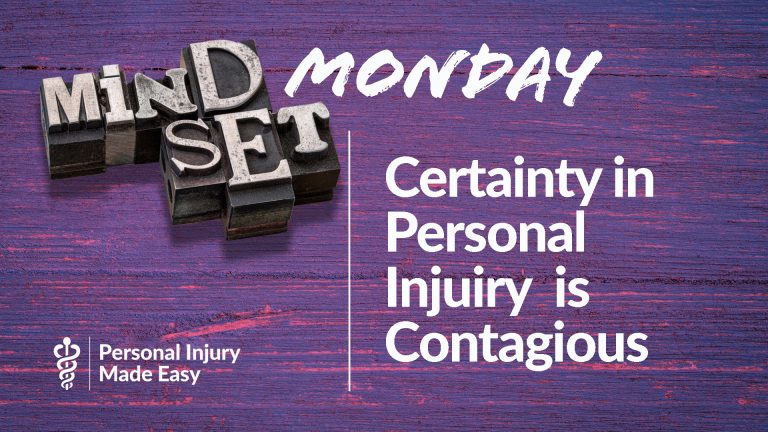
Difficult Communications in PI, Part 2: Tactical Mastery
5 tactical tools to handle difficult conversations in personal injury (PI) like a pro
In Part 1, we explored the mindset required to navigate difficult conversations in PI. You acknowledged that you’re not just a cog in the wheel, you’re essential. You’ve accepted your value and shifted into a professional posture that commands respect.
But mindset is only the beginning.
In PI, you don’t just need confidence. You need communications control. Not over others, but over how you communicate, respond, and position yourself in high-pressure conversations with attorneys, adjusters, and legal staff.
To do that, you need tools. Tactical tools.
That’s where S.P.E.A.R. comes in — a sharp, memorable framework of communication techniques to help you deflect, redirect, and maintain composure and clarity. Because in PI, you’re not just defending your bill, you’re defending your value.
S.P.E.A.R. – Your Tactical Communications Weapon
When dealing with difficult people like attorneys or insurance adjusters, think S.P.E.A.R., a professional weapon to navigate and control difficult communications which will increase the probability of gaining the result you desire:
S – Stay Medi-Legal, Not Combative
P – Pause with Power (Ninja Silence)
E – Email for Negotiations, Phone for Relationships
A – Assert Control by Reframing
R – React with Professionalism
Let’s break each one down:
S – Stay Medi-Legal, Not Combative
This approach isn’t personal, it’s professional.
In emotionally charged conversations, especially around billing, it’s easy to fall into being reactive. But emotion, even when justified, makes it easier for others to dismiss you. Your answer? Stay objective, clinical, and rooted in law and facts.
Use precise language like:
“The treatment rendered was medically necessary and the billing reasonable, which I can happily justify.”
Don’t argue, document. Don’t defend, define. This posture disarms aggression and reinforces your authority as a professional, not a pushover.
P – Pause with Power (Ninja Silence)
Silence isn’t awkward, it’s strategic.
Most people keep talking themselves into worse positions because they can’t tolerate the pause. You don’t need to fill every silence. Make your point, then stop communicating.
This is Ninja Silence. And it works.
When you follow up, don’t give more, just ask:
“Can you confirm you received the previous communication?” (If needed, fax it again.)
Wait 3 to 7 business days before re-engaging. Then, lather, rinse, repeat. The power isn’t in pushing harder, it’s in waiting a smarter tactic.
Pausing isn’t passive. It’s powerful.
E – Email for Negotiations, Phone for Relationships
PI attorneys and adjusters are trained verbal negotiators. Don’t play on their turf.
Keep negotiations in email, as it’s safer, clearer, and creates a paper trail. Use the phone only when building relationships or getting clarity from a known ally.
In a call, say something like:
“Do you know that X is saying / doing / acting …?”
Then, follow with Ninja Silence.
And always document the call with a follow-up email:
“As discussed…”
This allows room for clarification, correction, or for hidden motives to reveal themselves. And remember:
“If it isn’t in writing, it doesn’t exist.”
A – Assert Control by Reframing
Difficult people try to control the narrative. Your job is to take back the communications and the negotiations.
When they say:
“The settlement came in low. We need a big cut on your bill.”
Don’t argue. Reframe:
“While I understand the problem, I agreed to wit ait to be paid, not to being paid less. I’m willing to evaluate a reduction request if you supply all the information I am requesting so I can make a due diligence business decision.”
You’re not being difficult. You’re being disciplined. You’ve acknowledged their position, then steered the conversation back to law, fairness, and facts.
That’s communications and negotiations control.
R – React with Professionalism Even When Attacked
When someone crosses the line in tone, conduct, or language, you don’t win by matching energy. You win by raising standards.
Say:
“Did you really mean to say that? I had viewed you as a professional. Please stick to the applicable facts and law.”
You’re not accusing. You’re recalibrating. You’re creating space for them to apologize, redirect, or reveal their true intent.
Because if they double down, you now know you’re dealing with a classic 4D negotiator: defer, deny, devalue, defend.
And with aggressives? Sometimes, professionalism must be paired with firm boundaries and more force: still professional, but unshakably firm.
What Does This All Mean? From Tactical to Transformational
These five tools of your communications weapon, your S.P.E.A.R.—Stay Medi-Legal, Pause with Power, Email Strategically, Assert Control, React Professionally—can instantly transform difficult communications with difficult people that not only achieve the results you desire, but also grow relationships based upon respect.
But here’s the truth: tools only work when grounded in belief: Mindset matters.
If you haven’t internalized your worth and gathered external support, you’ll default to defense. But with the right mindset, these tactics shift you from reactive to respected. From surviving in the PI space to owning it. In PI, tough conversations are guaranteed. But your response isn’t. That’s where S.P.E.A.R. makes the difference.
So, speak like a pro. Lead with purpose. And never forget:
You don’t have to raise your voice to elevate your standards. You’re a Pro!
This is just the start. Continue sharpening your skills. Seek coaching. Practice often. And always keep your S.P.E.A.R. ready.




